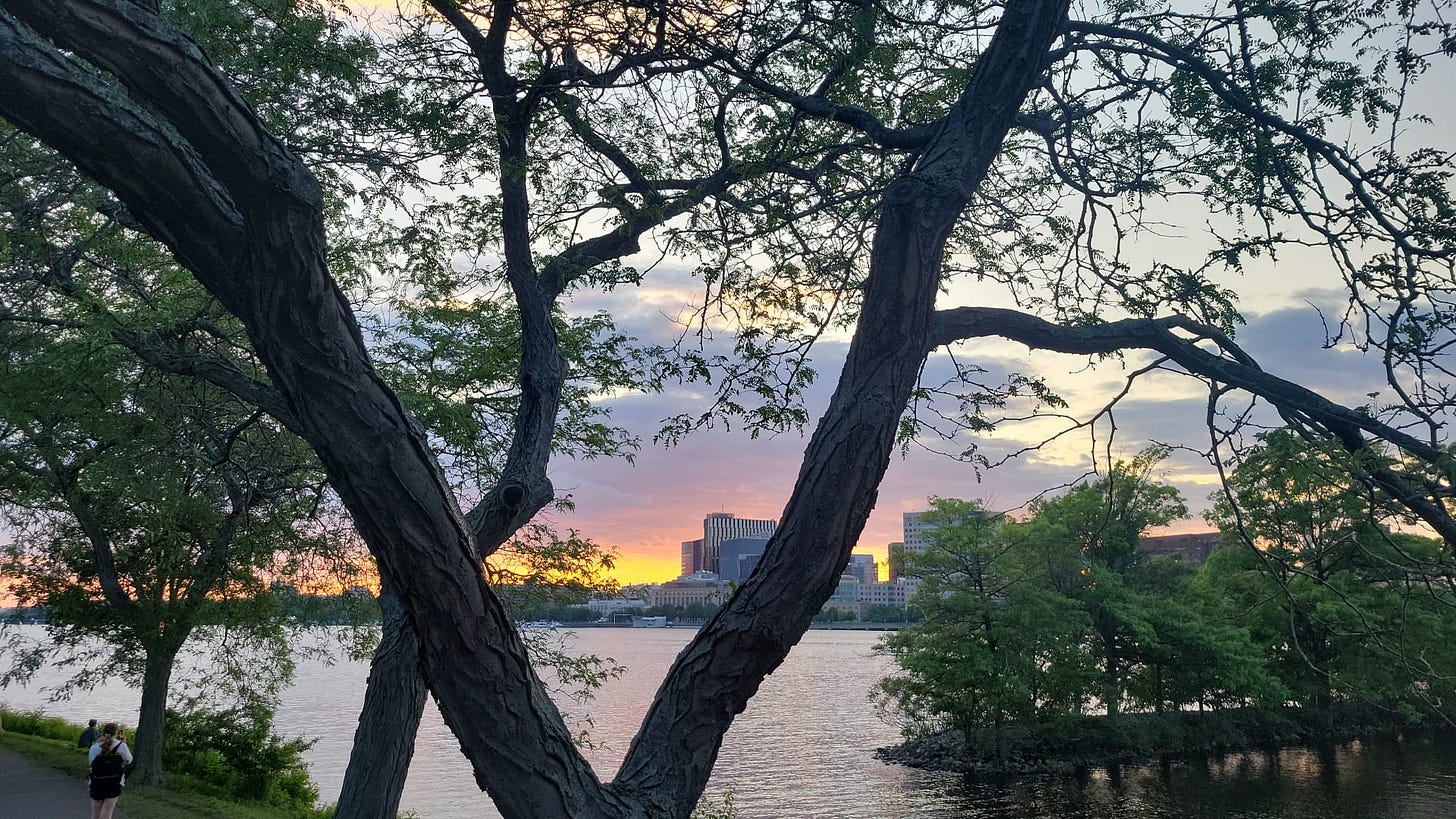Order As A Canvas
Morning Thoughts #67
Much of the history of modern political science involves the rediscovery of a concept that was perhaps deliberately and conveniently forgotten. Starting with the gradual discrediting of the medieval theory of the "divine right" of kings, the concept of "authority" itself has increasingly been recognized as inherently arbitrary (as seen even in contemporary questioning of parental authority). And what if (as seems to be the case) there is indeed a substantial amount of truth to this perspective? But what if this truth also has a very real potential to undermine (and quite possibly destroy!) society and civilization? That without a generally acknowledged legitimate form of authority, no society can effectively and peacefully function for a sustained period? Certainly, under such political and philosophical circumstances, the possibility of a golden age for any society becomes exceedingly uncertain.
If the essence of authority is relative, it implies that it exists within the boundaries of subjective understandings (or subjective misunderstandings, as the case may be), but lacks an absolute, objective existence. For instance, a man may rule over a region because his grandfather conquered it, which seemingly grants him the right to rule as long as this perception remains prominent in people's memories and the ruler governs in a way that upholds a minimum level of order for his subjects. The crucial achievement lies in establishing a canvas of order (rule of law), from which the true fruits of higher civilization can begin to flourish.
However, if given a thorough investigation, it becomes apparent that the leaders who claim to have constructed such canvases—the ones who sign their names to the corner of the masterpieces created upon them—are often somewhat arbitrarily chosen. Factors such as religion, precedent, or the civil religion of democracy can serve as means to restrain such investigations, preserving a sense of societal well-being as long as the protected system continues to produce these canvases of order on which our lives can find their peaceful place. Nevertheless, when the production of these "canvases" ceases, comprehensive investigations become vital agents of renewal and rejuvenation.
But when all is well, it's better to create than to critique.


The last two sentences leave my mind in a whirl. I'll have to ponder. So thanks for making me think.